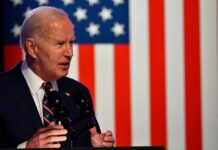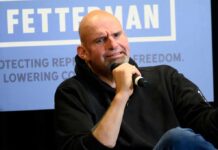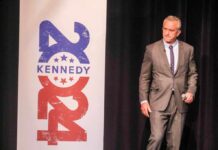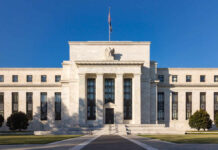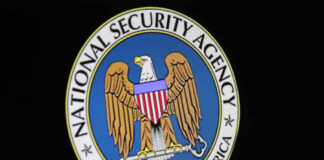
On Wednesday, the Supreme Court agreed to hear a case that could potentially unravel hundreds of January 6 prosecutions and significantly affect Special Counsel Jack Smith’s political prosecution of President Donald Trump.
At the heart of the case is a specific provision in the federal statute dealing with “obstruction” the Department of Justice (DOJ) has used to prosecute many of the January 6 defendants. The case being taken up by the Supreme Court raises crucial questions about the interpretation and application of the statute.
Senior Legal Fellow Tom Caso from the Claremont Institute has questioned the government’s unusual application of this statute after January 6, remarking, “It’s kind of strange that the statute is only now been discovered.” His viewpoint underscores a broader debate about the consistency and fairness in enforcing federal laws. The DOJ has charged over 300 January 6 defendants under this law.
Supreme Court Will Hear J6 Dispute That Could ‘Undo’ Hundreds Of Cases, Impact Trump https://t.co/1Mp91Ot5iJ pic.twitter.com/SYm1h1GH0K
— Daily Wire News (@DailyWireNews) December 14, 2023
President Trump, facing trial in March, is also charged under the statute, which provides a maximum federal prison sentence of 20 years upon conviction.
The Supreme Court’s decision to review the law’s application will have real-world and potentially immediate implications for those already sentenced and for ongoing cases.
Smith’s efforts to prosecute Trump before the 2024 election could be blocked entirely if the Supreme Court rules that the law has been misapplied. Caso pointed out, “Since this statute is key to Jack Smith’s prosecution, and the Supreme Court ruling on this case is not likely to come out until the end of June, that could hold up the prosecution or the trial until after the Supreme Court rules.” Smith desperately wants to move the case to trial in time to interfere with next November’s presidential election.
The immediate case being reviewed involves Joseph Fischer, charged with “obstructing an official proceeding.” U.S. District Judge Carl Nichols initially dismissed the case, finding the DOJ was overreaching in its application of the statute. However, the intermediate federal appeals court reinstated the charges, finding the law applicable to “all forms of corrupt obstruction of an official proceeding.”
Defense attorney Kira Anne West is representing several January 6 defendants. She applauded the Supreme Court’s decision to take the case up, saying, “This is a watershed day.”
The court’s decision is expected to come down sometime before the end of the current term next June. A ruling adverse to the DOJ’s position would likely lead to the immediate end of all similar January 6 prosecutions and Smith’s case against President Trump.




